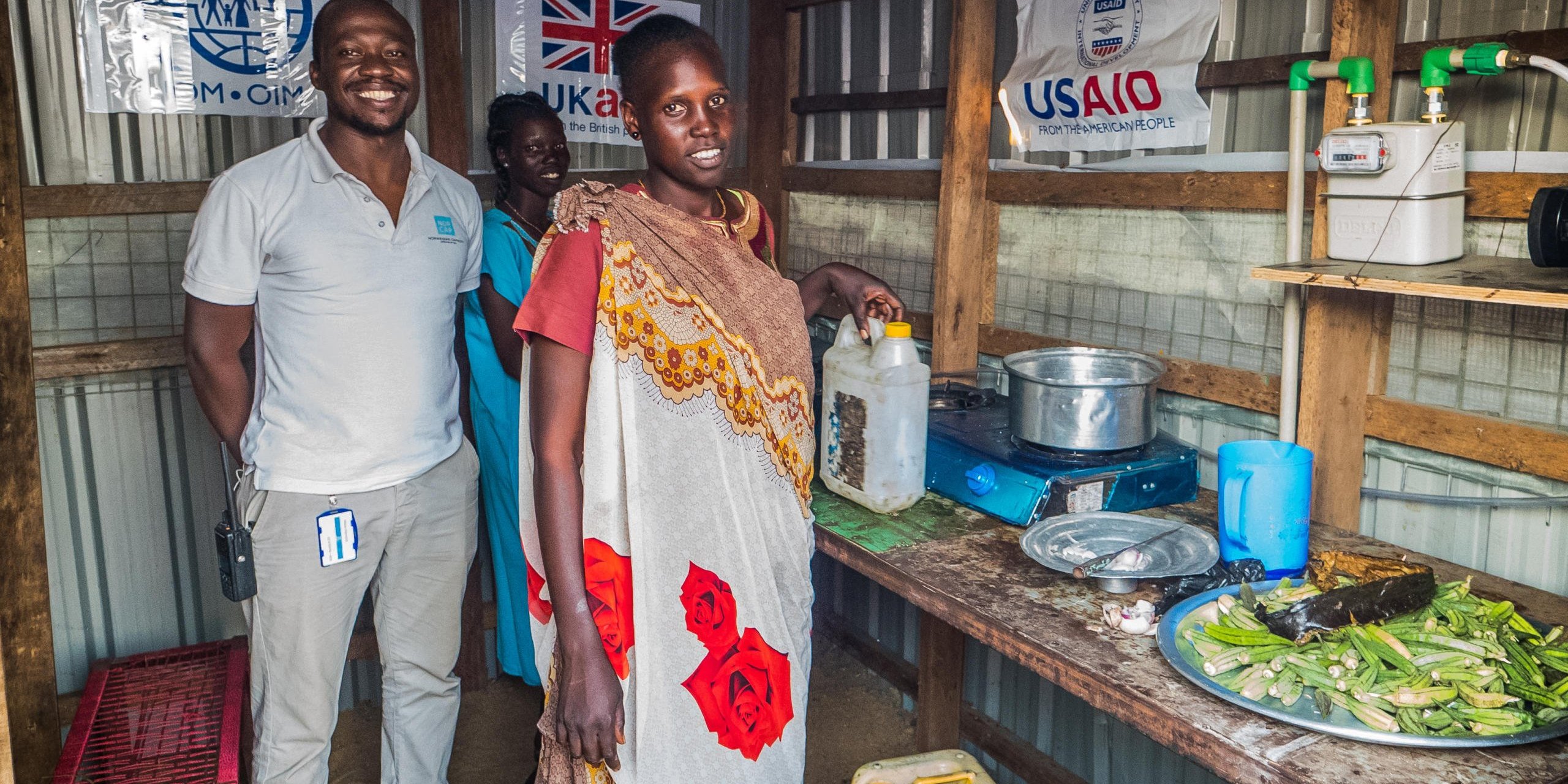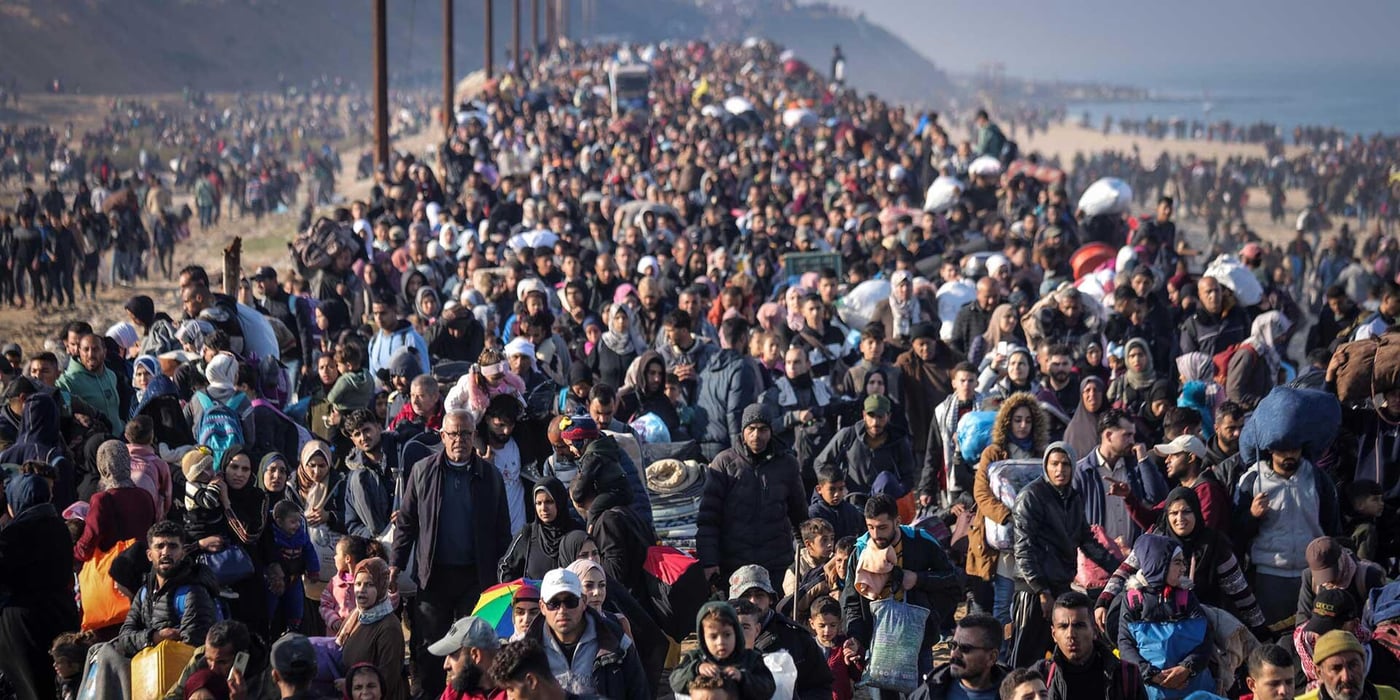
The second Humanitarian Energy Conference takes place on 16 May in Kigali, Rwanda where humanitarian organisations, donors, energy companies and ministries will meet to take stock of where the humanitarian sector stands in achieving the sustainable development goal on energy for displaced populations and host communities. The conference is co-hosted by the Global Platform for Action, Practical Action, UN Institute for Training and Research and NORCAP.
Read more about the conference here.
Millions of people who have fled their homes do not have access to clean energy. 90 percent don’t have adequate access to electricity at all. Mostly, people living in refugee and displacement camps depend on traditional biomass sources, such as wood, animal waste or charcoal for cooking, while humanitarian actors and operations in crisis situations are mainly based on energy from diesel generators. Not only do these energy sources harm the health and safety of displaced populations and host communities; they also have high financial and environmental costs.
With eight years left to reach the UN Sustainability Goal 7 – providing clean and sustainable energy for all – these statistics will not do. To reach the energy goal, we urgently need to scale up efforts to provide renewable, sustainable energy access to vulnerable communities.
Providing clean and reliable energy for all is not only a goal in and of itself, but also an important enabler for the other sustainable development goals, including clean water, education, climate action and good health and well-being.
Therefore, we need a holistic, cross-sectoral approach to incorporating clean energy into humanitarian responses and settlement planning. To do so we must work together across humanitarian, development, and peacebuilding sectors, as well as ensuring that those displaced, and host community members are involved in decision-making processes.
The bottom line is providing clean and reliable energy for all – but there are many barriers. Financing the shift to clean energy in urgent and short-term humanitarian responses is a challenge as clean energy sources often requires long-term investment. This year, NORCAP explored alternative financing solutions, bringing to the community a report outlining lessons learned, tools and recommendations that can help reduce financing barriers of setting-up clean energy sources in humanitarian emergencies.
Access our green shift reports here.
NORCAP believes collaboration, communication and dialogue across sectors, agencies, communities, and stakeholders is key to speed up the green shift and reach the sustainable development goals. Building the capacity of local and national authorities will help ensure long-term solutions to energy access that are based on the involvement of local communities.
At the Humanitarian Energy Conference (#HEC2022), NORCAP’s clean energy experts are participating in, and facilitating dialogues to come up with alternative solutions based on the achievements, challenges and lessons learned so far.


